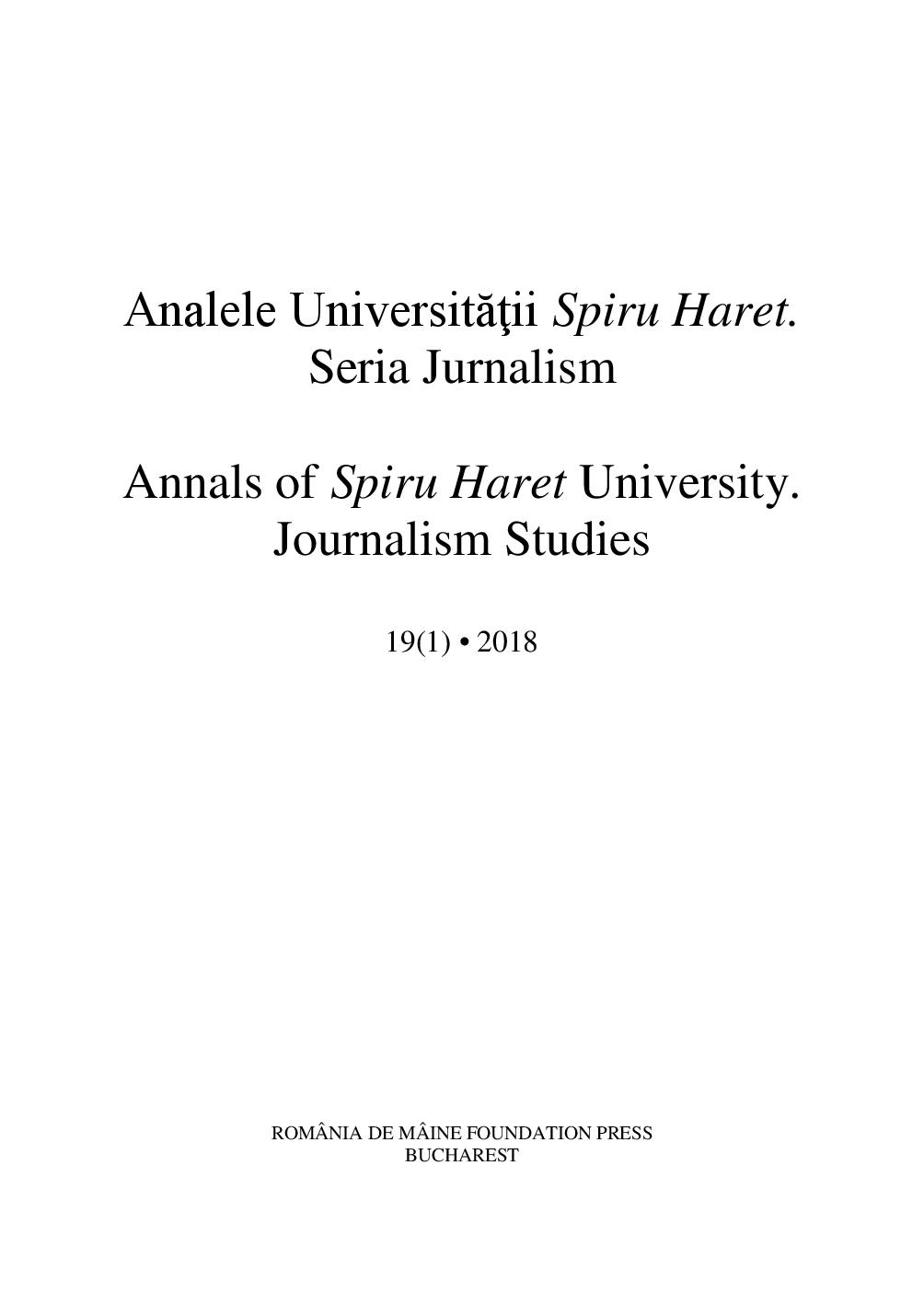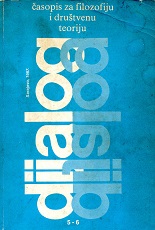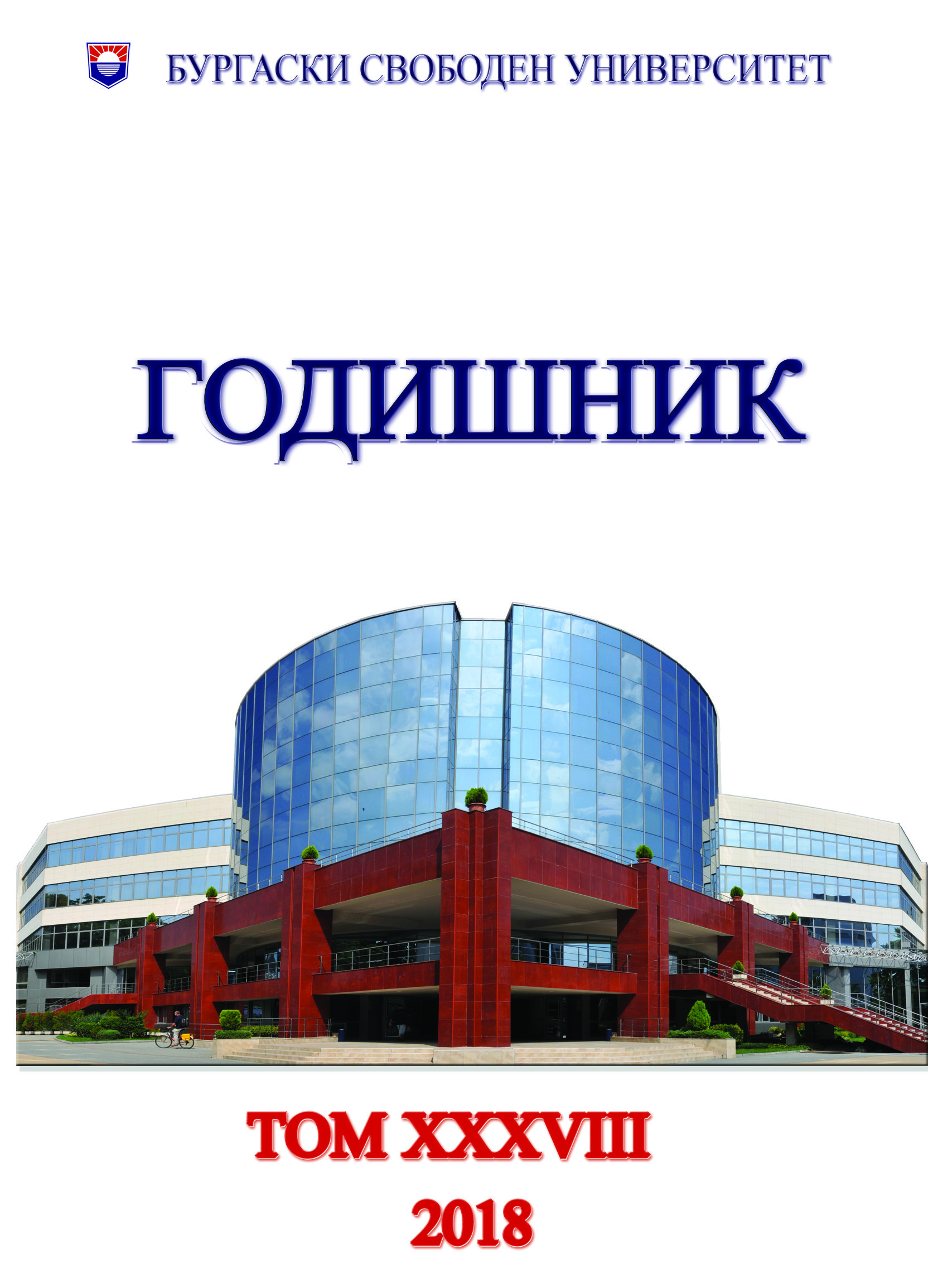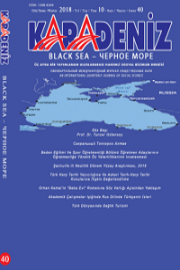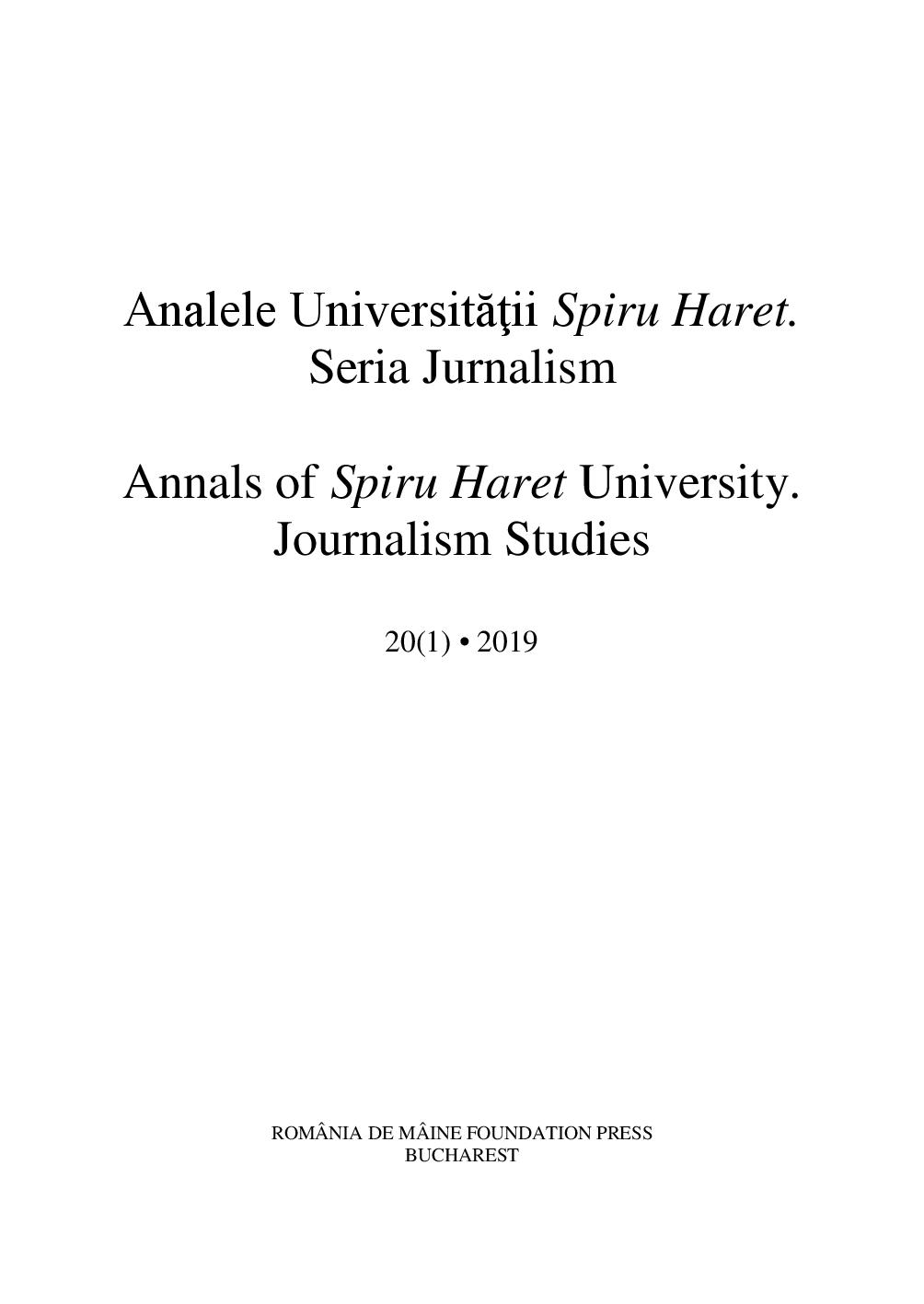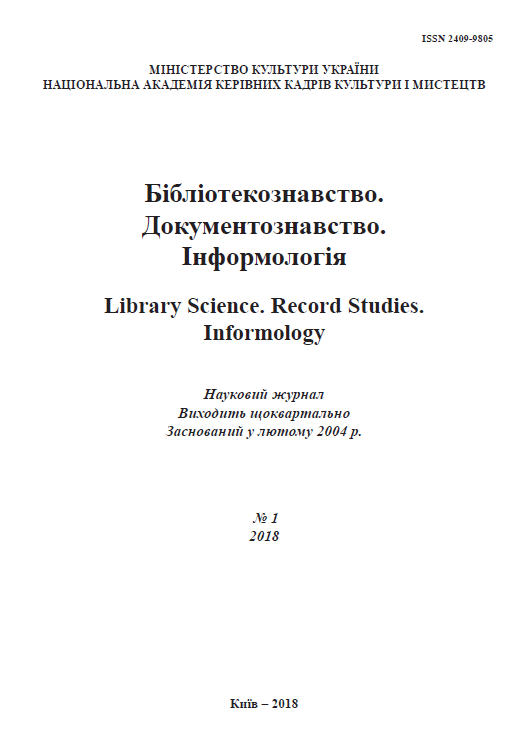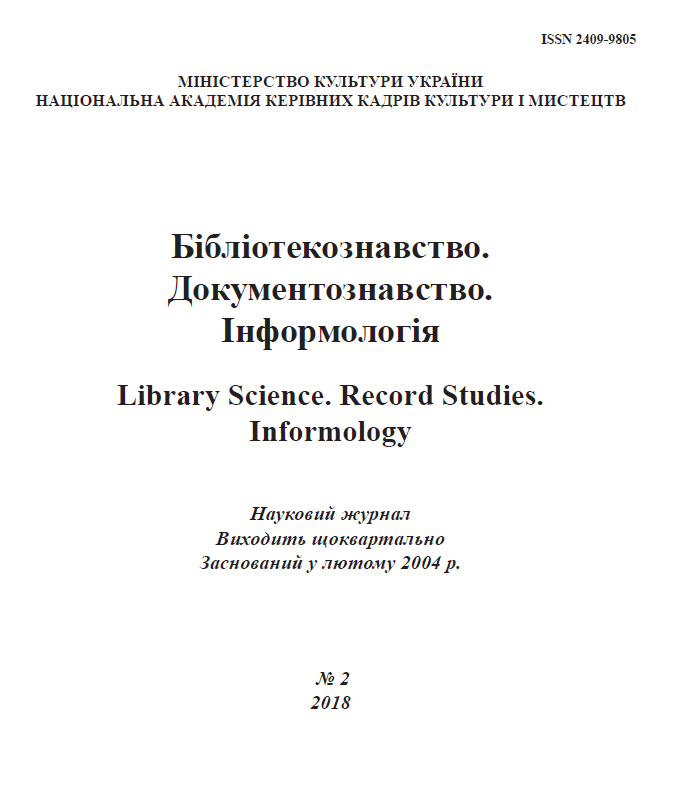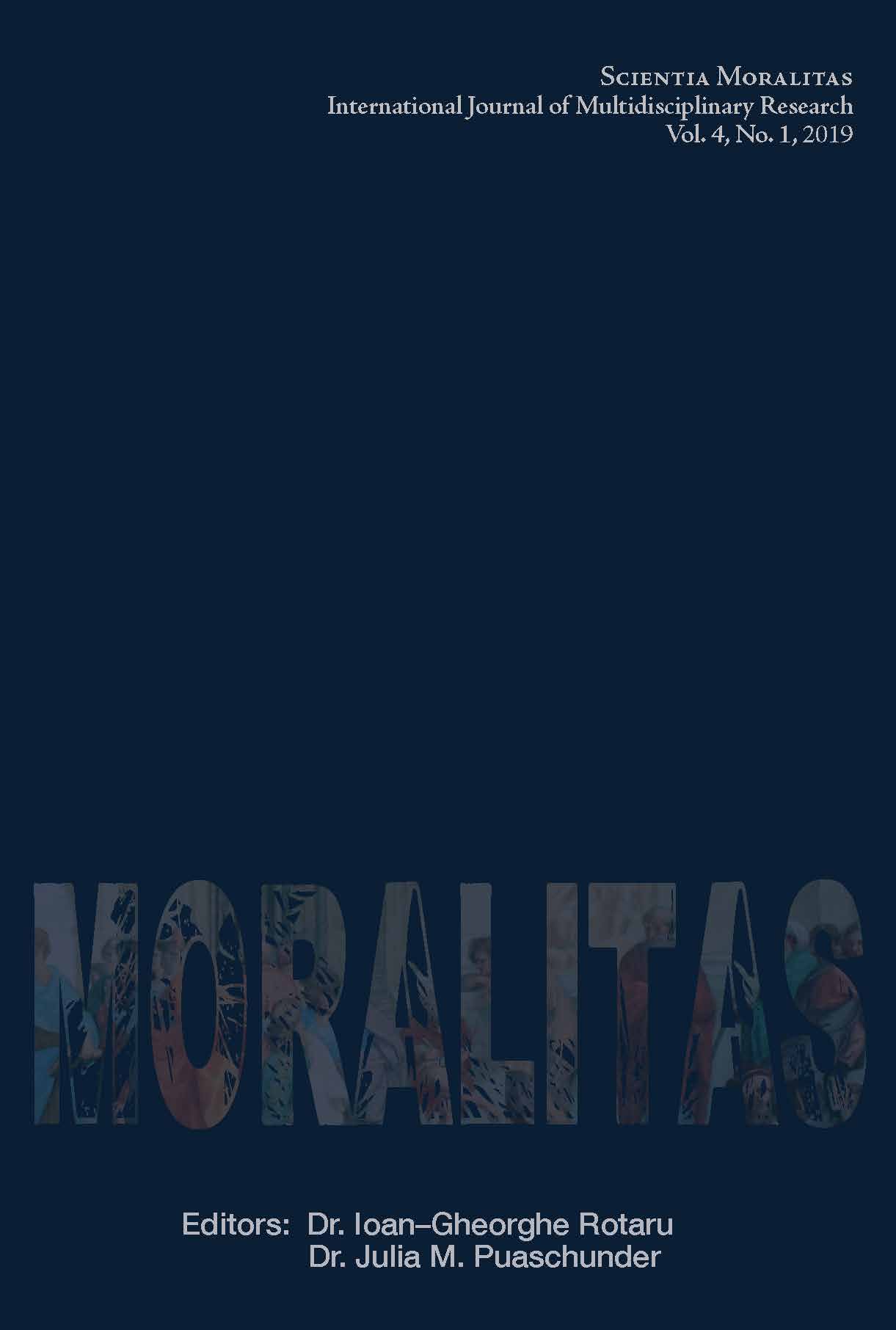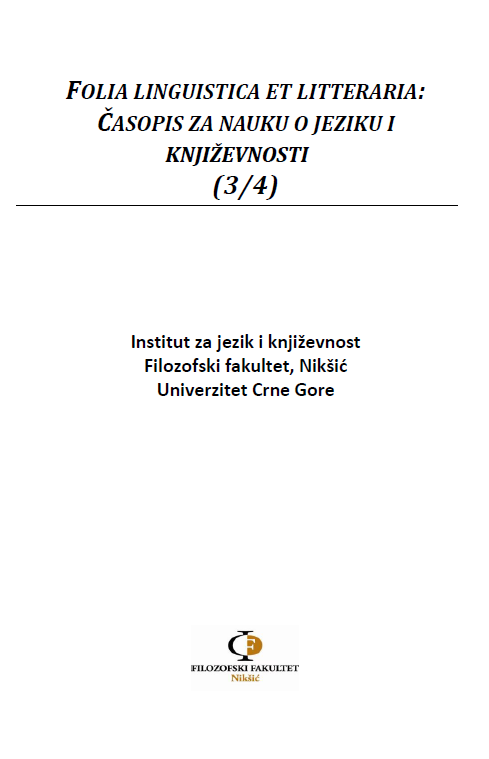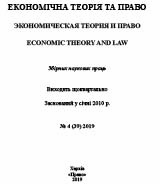Author(s): Michael Rowthorn,Carolyn Riegler,Caitlin McGinnis / Language(s): English
Issue: 1/2019
Building our argument by drawing on data collected from AUVSI, Black & Veatch, Capgemini Research Institute, Deloitte, Gallup, Ipsos/GenPop, McKinsey & Co., Nature, Pew Research Center, Perkins Coie, Pew Research Center, Statista, and YouGov, we performed analyses and made estimates regarding how much consumers agree or disagree that self-driving cars will make driving more relaxing/safer/faster/easier/friendlier to the environment/more economical/more enjoyable/more comfortable, the most attractive technologies for investment for autonomous vehicles over the next five years (5G technology/vehicle-to-vehicle and vehicle-to-infrastructure communication technology/ advanced driver assistance systems/precision mapping platforms and location technology/machine learning and driving data analysis/connectivity and infotainment features), % of U.S. adults who say the number of people killed or injured in traffic accidents will increase/decrease/stay about the same if driverless vehicles become widespread, reasons for choosing an autonomous car at no additional cost over a conventional car (improved fuel efficiency, improved safety, convenience/time saved, and prestige), the ways in which the industry has been affected by recent high-profile problems involving autonomous vehicles, % of consumers who would be comfortable sharing their personal data with traditional car companies, state authorities responsible for road planning and urban development, technology companies, insurance companies, technology companies that are providing software to traditional car companies, tech startups providing driverless solutions, roadway organizations like privately owned tolling booths, surrounding vehicles, tax authorities, and nearby businesses/businesses on their route, U.S. adults who say they would/would not want to ride in a driverless vehicle (%), statements closest to international drivers’ opinion (I am in favor of self-driving cars and cannot wait to use them/I am unsure about self-driving cars, but I find the idea interesting/I am against self-driving cars and would never use them), U.S. adults that would feel (un)safe as a pedestrian in a city with self-driving cars (%), countries that are most prepared for autonomous vehicles (policy and legislation, technology and innovation, infrastructure, and consumer acceptance), and the top data infrastructure requirements in smart cities to facilitate autonomous vehicle testing (wireless connectivity to other cars, parking meters, traffic lights and other smart infrastructure, wireless connectivity to nearby towers/antennas, and data centers to perform analytics on large volumes of data received from vehicles). The data for this research were gathered via online survey questionnaires and were analyzed through structural equation modeling.
More...


